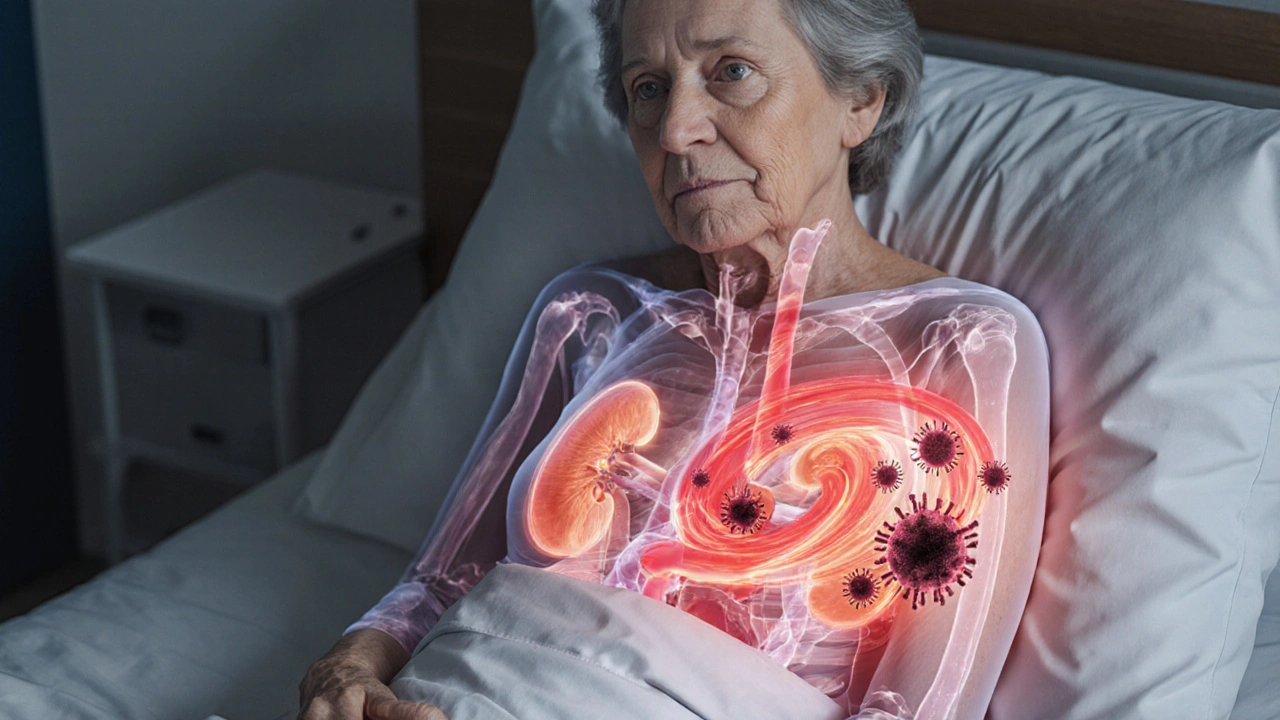Lupus Flare Triggers
When dealing with lupus flare triggers, the specific factors that can spark a sudden worsening of systemic lupus erythematosus symptoms. Also known as SLE flare inducers, it is a key concern for anyone living with lupus, a chronic autoimmune disease that attacks skin, joints, kidneys and more. Because lupus is an autoimmune disease, the immune system’s misdirected attack makes the body extra‑sensitive to external and internal cues. Recognizing those cues early can mean the difference between a mild bump and a full‑blown flare. lupus flare triggers are not random; they follow patterns that tie back to environmental exposure, hormonal shifts, infections and medication interactions.
Common Categories of Triggers
One major category is environmental exposure. Ultraviolet (UV) light from the sun or tanning beds can damage skin cells, leading the immune system to overreact – a classic example of a trigger that encompasses UV radiation, photosensitivity and skin rash. Another environmental factor is extreme temperature changes, which can stress blood vessels and aggravate joint pain. Infections represent a second cluster: viral or bacterial illnesses prompt the immune system to ramp up its activity, and in lupus patients that extra effort often spills over into healthy tissue, illustrating how infection influences flare onset. Stress – whether emotional, physical or mental – is a third, well‑documented trigger; cortisol spikes can alter immune regulation, showing that stress management reduces the likelihood of a flare. Hormonal fluctuations, especially during menstruation or pregnancy, also play a role, because estrogen can boost antibody production, which requires careful monitoring in women with lupus. Finally, certain medications such as sulfa drugs, procainamide or even over‑the‑counter NSAIDs can act as triggers, highlighting why medication review is essential before starting any new treatment.
Putting all these pieces together gives you a practical roadmap: identify personal patterns, adjust lifestyle habits, and work with your rheumatologist to fine‑tune meds and labs. Below you’ll find a curated set of articles that dive deeper into each trigger type, share real‑world coping tips, and explain how diet, sun protection and stress‑relief techniques can keep flares at bay. Use this guide as a launchpad to spot early warning signs, ask the right questions at appointments, and build a daily routine that limits the impact of lupus flare triggers on your life.
How Infections Trigger Lupus Flares and What You Can Do
Explore why infections often trigger lupus flares, how different germs affect disease activity, and practical steps to prevent and manage infection‑related flare-ups.

